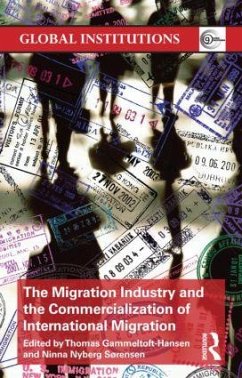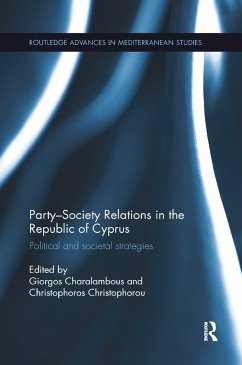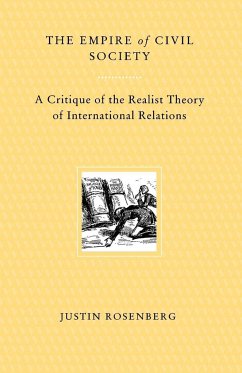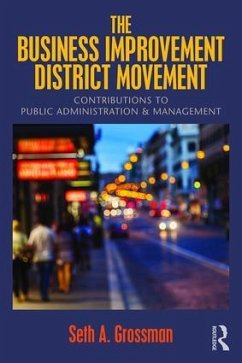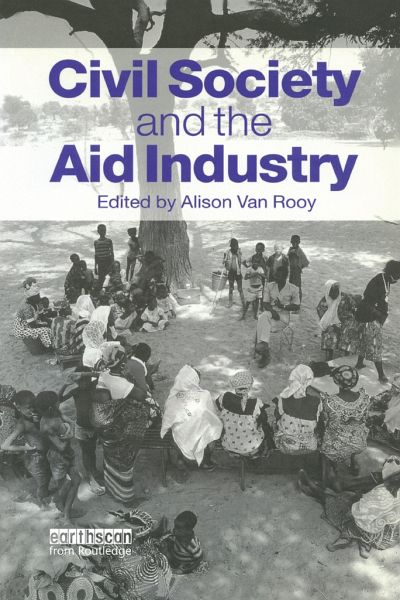
Civil Society and the Aid Industry

PAYBACK Punkte
34 °P sammeln!
'This book is valuable for and beyond the international development industry. It deftly leads a non-specialist through the maze of ideas and arguments plaguing the concept of civil society, and critically examines how and what happens, when the international aid system tries to turn confusing and complex political theory into effective development policy and practice fitting the individual preconditions and historical trajectories of the worlds varied nations. The comparative evidence, analysis and recommendations on offer are essential reading for anyone attempting to understand or ''build'' ...
'This book is valuable for and beyond the international development industry. It deftly leads a non-specialist through the maze of ideas and arguments plaguing the concept of civil society, and critically examines how and what happens, when the international aid system tries to turn confusing and complex political theory into effective development policy and practice fitting the individual preconditions and historical trajectories of the worlds varied nations. The comparative evidence, analysis and recommendations on offer are essential reading for anyone attempting to understand or ''build'' someone else's - as well as their own - civil society, especially when justifying the use of tax payers' money to do so.' ALAN FOWLER, CO-FOUNDER, INTRAC 'This book will be really useful to numerous readers, 011 a subject becoming ever more topical in the world of development and beyond. It puts order into the deeply confused debate about civil society, describes what the aid donors are doing to pursue their new goals, offers four penetrating case studies, and concludes with sensible suggestions for future policy. The authors have made a practical and lucid assessment of the huge civil society literature; they have also contributed valuably to it, and deserve to he listened to.' PROFESSOR ROBERT CASSEN, LONDON SCHOOL OF ECONOMICS Northern governments and NGOs are increasingly convinced that civil society will enable people in developing countries to escape the poverty trap. Civil Society and the Aid Industry, the product of extensive research by the prestigious North-South Institute in Canada, makes a critical appraisal of this new emphasis in the aid industry. It explores the roles of Northern governmental, multilateral and non-governmental agencies in supporting civil society, presenting in-depth case studies of projects in Peru, Kenya, Sri Lanka and Hungary, and gives detailed policy recommendations intended to improve the effectiveness and appropriateness of future projects. Originally published in 1998








